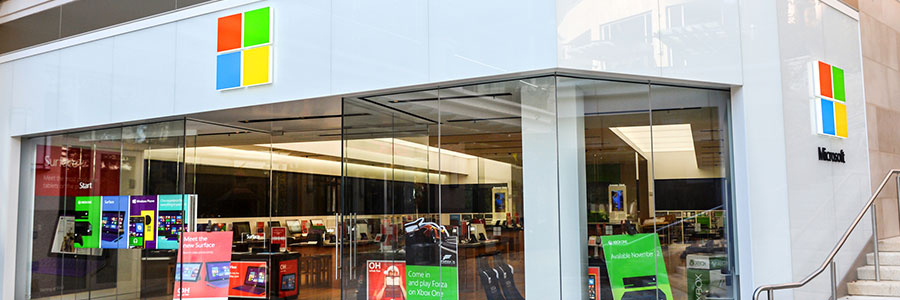Regardless of how complex the technology, hackers always find a way to exploit it. In the past, virtualization was thought to be an extremely secure solution businesses could rely on to improve IT management and save money. But it does have exploitable vulnerabilities.
Hypervisors: potential risks and threats
Virtual desktop or Container: How to choose
The difference between Windows 10 versions
Beginner’s guide to virtualization

The benefits of virtualization are so significant that deciding whether to jump on board is a no-brainer. It offers centralized IT management, faster hardware resources, improved business continuity, and reduced overhead costs. But in order to experience these benefits, there are a few best practices you need to consider.
Benefits of virtualization for healthcare
Virtual DR for ransomware protection

Ransomware takes your data hostage and demands a payment for its recovery. While it may seem like there’s no other choice but to pay the ransom, you should never give in to the hacker’s demands. Before the next wave of ransomware comes around, it’s important to protect your business with virtual disaster recovery solutions.
Microsoft’s free virtualization upgrade

Virtualization is difficult to understand. The technology itself is complex, and the industry is dominated by vendors that the average business owner has never heard of. Almost everyone knows Microsoft though, and its virtualization platform just got a big speed boost that won’t cost users a thing -- if they know how to take advantage of it.
Virtualization services safe from CPU flaws
Will Containers change IT?

New technological developments such as cloud computing and virtualization are prying small- and medium-sized businesses away from traditional client-server architecture. In contention now lie Containers, a technology influenced by cloud computing that offers a less complex alternative to virtualization.







